Search Results
Results for: 'ecosystem'
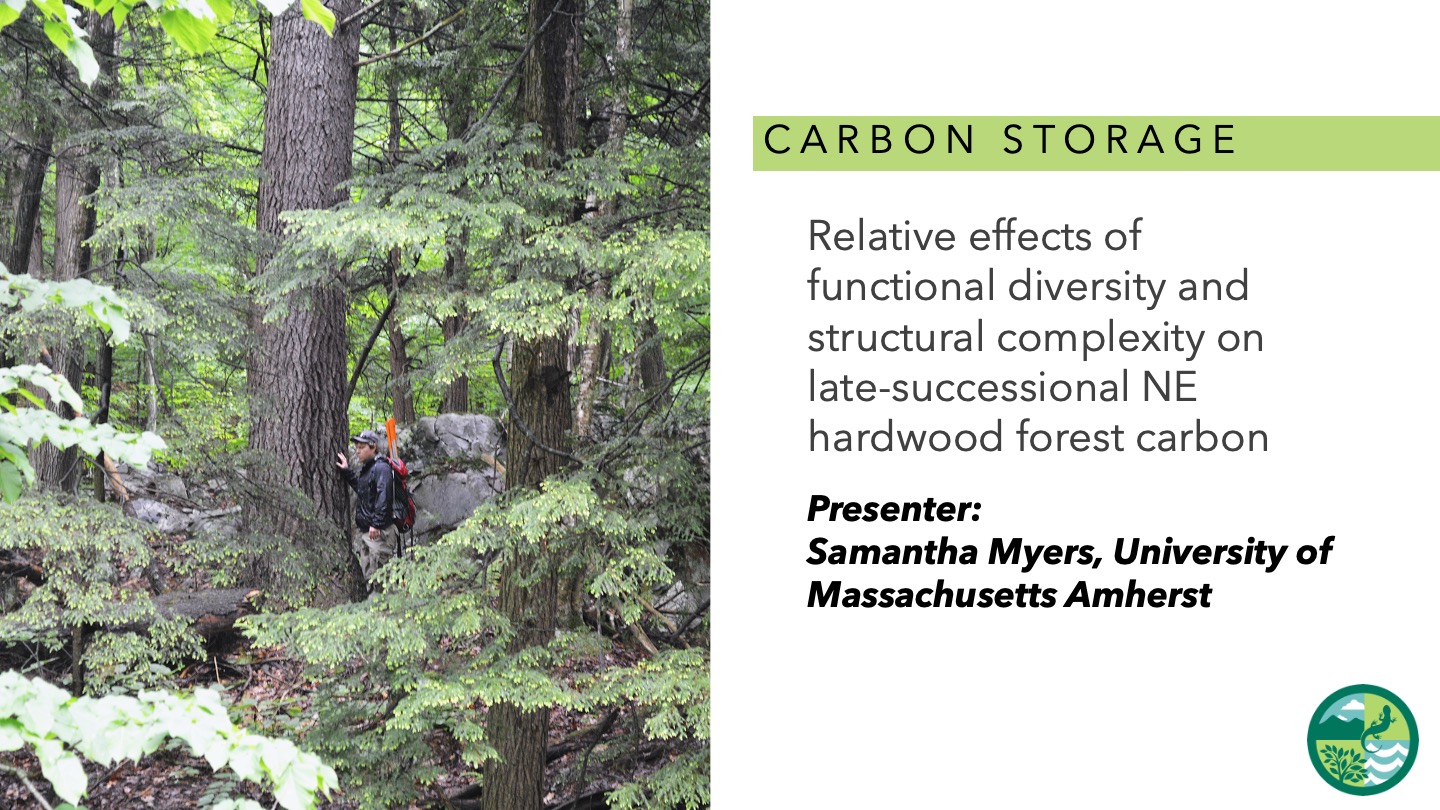
This was presented by Samantha Myers as a part of a series of contributed talks from the 2022 FEMC Annual Conference. To learn more about the conference, visit: https://www.uvm.edu/femc/cooperative/conference/2022. Understanding forest stand condi...

Join us online or by phone for a conversation with Zac Smith from UVM Extension Farm Viability to provide an overview of how to get started online, following up on his terrific conversation with the UVM Extension Ag. Engineering podcast. Having a...

Podcast on Unsustainable Fishing Methods and their negative effects on fish populations, bycatch, endangered aquatic organism and the marine ecosystem ecology. Complications (damaging ecological balance and food webs), along with future resolution...
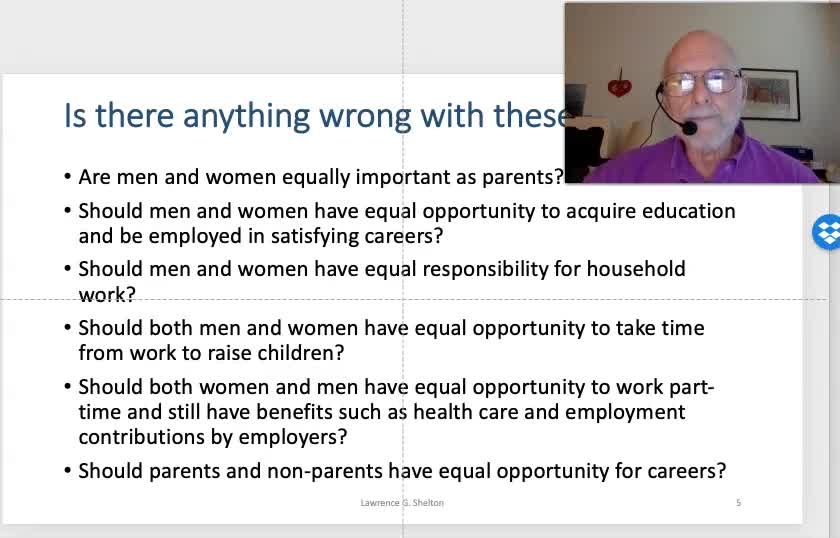
Professor Shelton discusses the relationships of gender, family and parenthood to employment and introduces Madeleine Kunin's proposals for changing the ecosystem of work to better support women, parents and families.
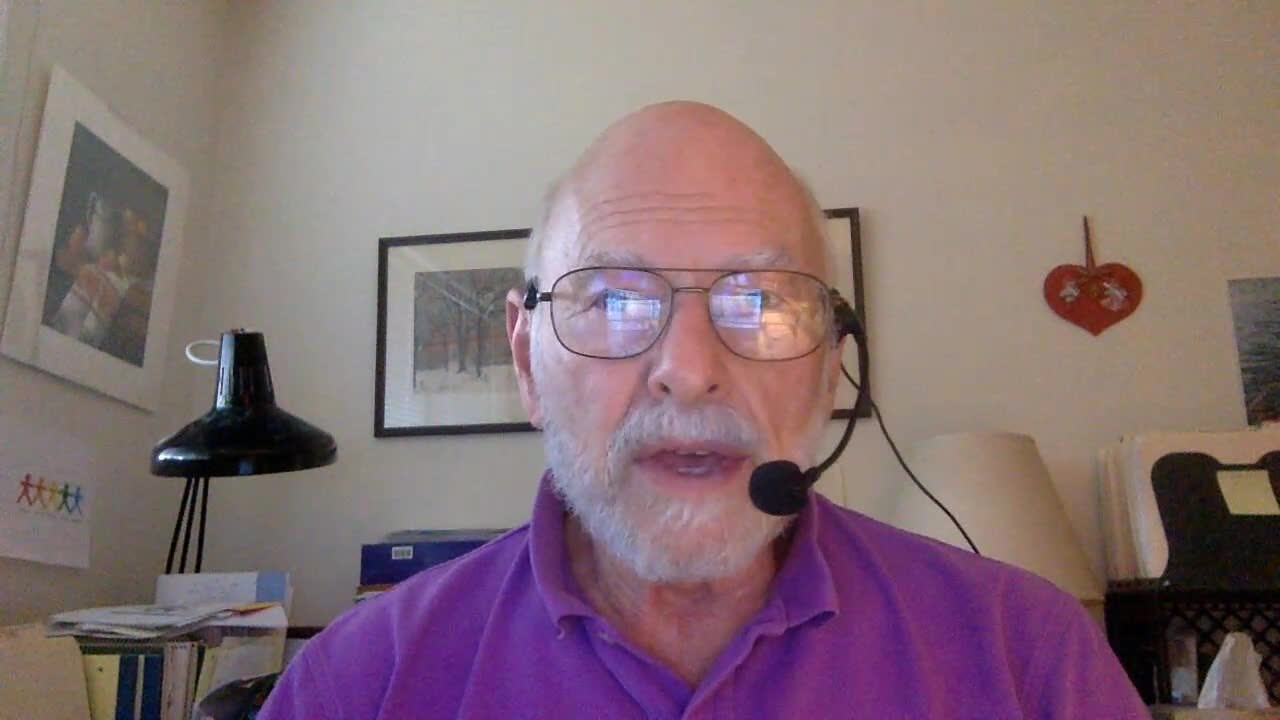
Professor Shelton discusses politics and the upcoming elections from a develecological perspective.
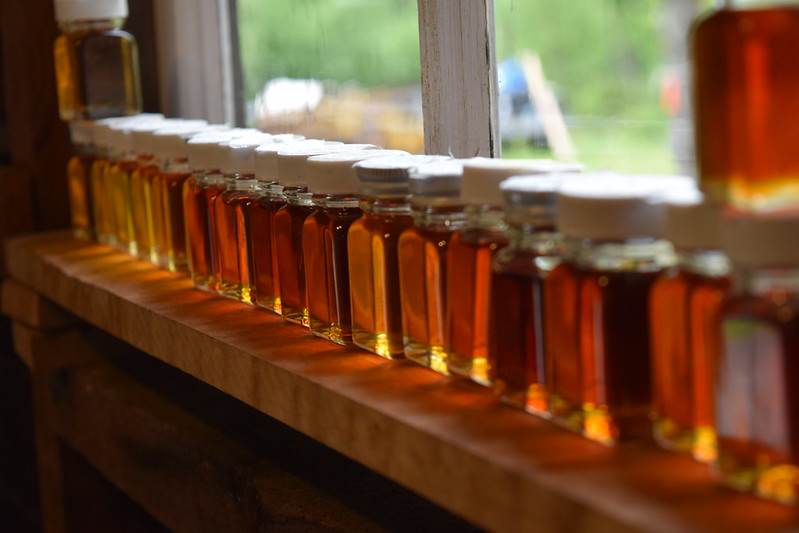
Certified organic maple syrup is produced by many Vermont maple producers and generally commands a higher price in the marketplace. In order to legally market your syrup as "organic" an approved third-party certifier such as Vermont Organic Farmer...

Sugar makers rely on healthy, abundant maple trees to provide sap each spring. Taken together a group of maple trees managed for sap collection is called a sugarbush. Developing a healthy, productive sugarbush takes time and effort. Forests are hi...

Maple trees managed for sap production remain part of a forest ecosystem. Forest ecosystems are complex communities of plants, animals and microbes all interacting with their physical environment and climate. Forests are especially competitive env...
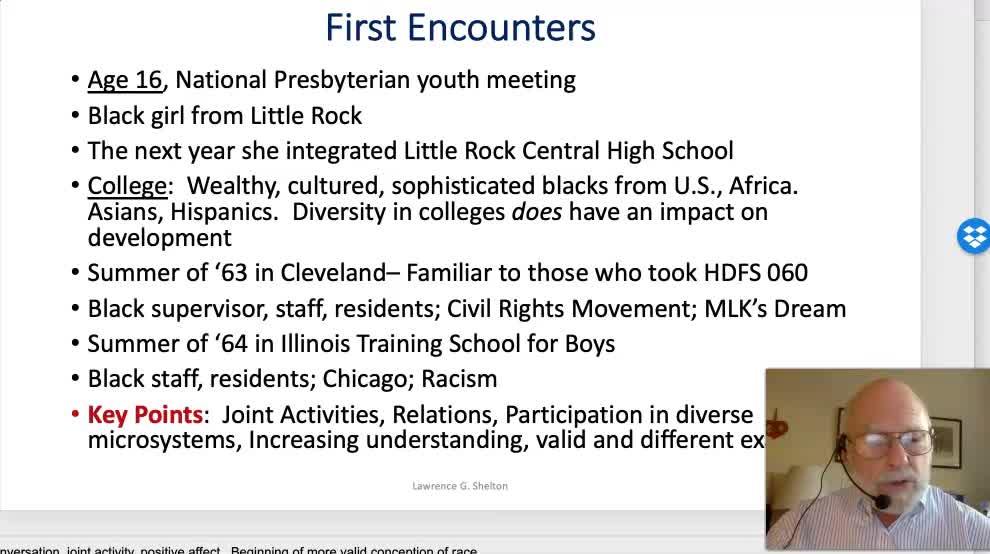
HDFS 161 Episode 10 Developing White Identity
Professor Shelton applies develecology to his own experience growing up in America, to illuminate the development and nature of white identity, and then to suggest approaches to understanding and reducing racism.